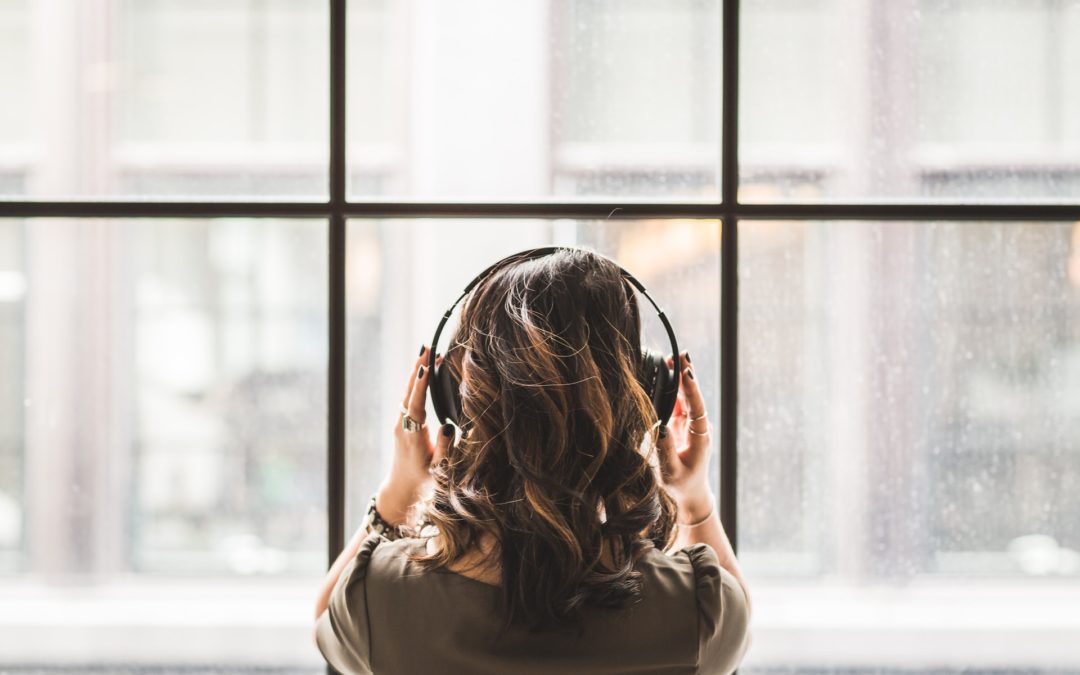While these days our newsfeed and social media seem overtaken by everything Coronavirus, occasionally an item or two rises to the surface on another topic. One of these is domestic violence. Canada and the U.S. are seeing a dramatic spike in domestic violence. While many of us are finding shelter at home, others not so much. For women in abusive relationships, the home is anything but a safe harbour. Of course, domestic violence isn’t new; it has long permeated our society. It does increase, however, in times of stress. And news coverage of it, which has been sporadic over the years, increases if there’s a new twist, such as our current pandemic.
So, what is domestic violence and why is it so prevalent yet so often overlooked? First, I’ll start by saying I hate the term “domestic violence”. It masks dimensions of gender and power. The overwhelming majority (96-98%) are women abused by men (Curtis, 1996). A more recently-used term is Intimate male partner violence – although that is often shortened to intimate partner violence. Yes, there is some abuse of men, but this abuse is very different in nature and scope – and not the topic of this blog. Some might argue with me nitpicking on terminology, but words are powerful. They reflect and shape what we perceive, individually and collectively. (Note: All that being said, I do end up using the term “domestic violence” when dealing with the public since it is a term widely used and understood; I simply ensure that at the same time, I work to make clear its problematic nature.)
In looking at this type of violence, it’s important to understand that it is not a problem of an individual man or an individual woman. Despite misconceptions to the contrary, it is not an individual man who loses control, but one who uses violence to control a woman, a man who is in control, carefully controlling his anger, directing it only against the one individual he can with impunity. “He seemed like such a good guy” is a common public response when an instance of this violence is brought to light. This violence is deeply rooted in our sociocultural structures. The violent acts of individual men are supported by pervasive power, control, male privilege and entitlement, misogyny, and gender inequality. This can be seen in the response to this violence where women are frequently blamed, shamed, devalued, and disbelieved. It wasn’t that bad. She asked for it. Why didn’t she protect the children? Why didn’t she leave? Why didn’t she leave sooner? It’s interesting that so many ask, “Why didn’t she leave?” but rarely “why didn’t he leave her be?” The reality is that women are more at risk of being killed by their abuser immediately after they leave. The reality of these issues is reflected starkly in Tracy Chapman’s Behind the Wall.
It shouldn’t be surprising that these responses to women in abusive relationships are very much like those in other types of male violence – everything from sexual assault, sexual harassment, and childhood abuse to cat calls and objectification of women. All types of male violence against women are interconnected and all are supported by the pervasive sociopolitical under-pinnings of gender inequality, male privilege and entitlement, and misogyny. This is powerfully illustrated in the Cowboy Junkies song, Hunted.
All types of male violence against women are interconnected. And the violent acts of some men impact all women – whether it’s a sexual assault or the decisions made as to where it is safe to walk. For all of these, it is about power – power over women, over women’s bodies – and men’s entitlement to this power.
It will take all women and all men to bring about real change. Not just calling out abusive men. But going further to call out our attitudes and biases, our gendered norms, and the pervasive sociopolitical structures that underpin all male violence against women. In our efforts to get through this Coronavirus trial, let’s not rush to go back to “normal”. Let’s look to change that normal, let’s work towards something better. With some work and hope, as Lizzo sings it in her One World: Together at Home performance, A Change Gonna Come
